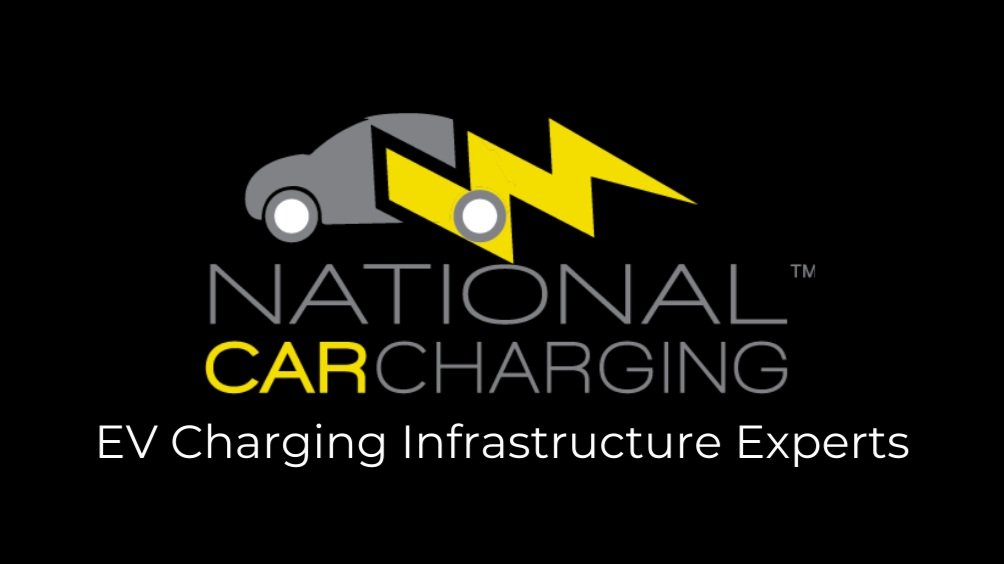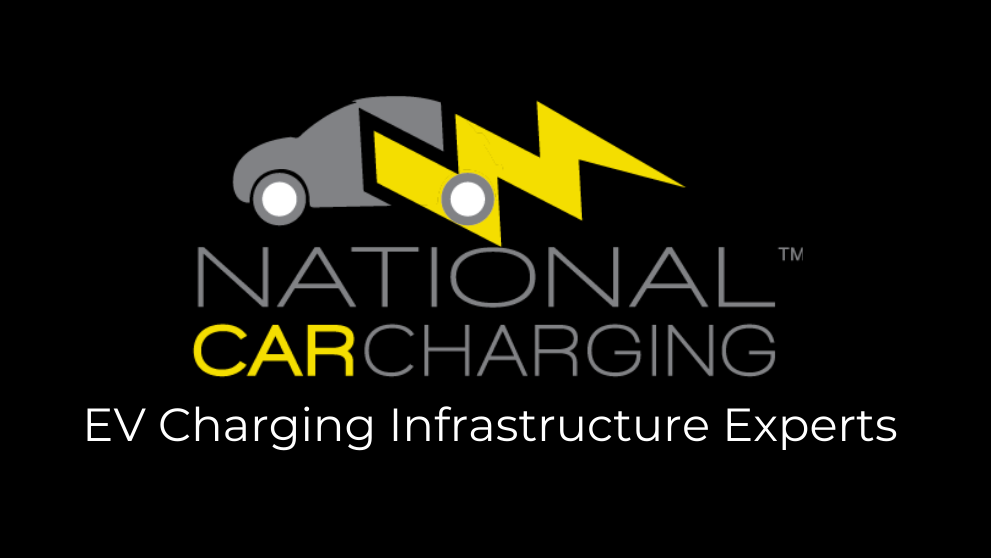C-STORES: Getting EV Ready?
Fueling is changing. Will c-stores adapt?
The short answer is absolutely yes, but how and when they join the EV evolution may influence their market share, customer loyalty and the control they have over their businesses' competitiveness.
Believe it or not, there are roughly 150,000 c-stores in the U.S and of those, the majority (~80%) sell gas and diesel. Fuel accounts for about 60% of c-store sales or more importantly, 40% of their profits according to Convenience Store News’ 2021 Industry Report.
Building on that, about 48% of those buying fuel, also purchase inside the store - making fuel customers extremely important to the c-store business model and making the electrification of transportation a fairly scary concept for many.
But isn't it all in the future?
Not really. Whether we’re ready or not, electric cars, trucks, buses, Lyfts, farm equipment and more are on the horizon, and many are already here. Over the next decade no industry is expected to change more than transportation. And it’s already started.
Putting this into a more real time perspective, most of the world’s automakers have stopped R&D on gas and diesel powered vehicles, and all have a plan to stop producing internal combustion engine (ICE) vehicles within the relatively near future. Jaguar, for example, is targeting 2025. Most of the big manufacturers are aiming between 2035 and 2045 while Toyota is working toward closing out production of gas vehicles closer to 2050. However, no matter when they decide to take the leap, all are dramatically shifting their portfolios and are investing billions into an electrified future.
Automakers aren’t the only Ones making Dramatic Changes.
Automakers are not alone. Governments around the world are acting with many legislating aggressive fossil fuel free deadlines. The EU is banning the sale of new gas and diesel vehicles beginning in 2035 while the UK has set their goal for five years earlier in 2030. And currently, 80% of all new car sales in Norway are plug-in and will be 100% in 2025 – all driven by government incentives. Both Canada and China have also set similarly aggressive goals.
While the U.S. has not officially mandated the end of fossil fuel vehicle sales, several states have including Hawaii, California, and Washington. In April 2021, a dozen U.S. governors called on President Biden to back ending sales of new gasoline-powered vehicles by 2035, a dramatic shift away from fossil fuels. Even though Biden’s Build Back Better Act is struggling in Congress, blue and red states alike are taking action on climate change – a fast growing trend that started under the Trump administration.
Growing opportunity for convenience stores.
While the future of fueling will look different, not all is lost for c-stores. Regardless of what cars we drive, fuel will still be an invaluable resource and c-stores can build loyalty and recognition with EV drivers even at this stage of the transition.
As numerous studies show, electric car and truck drivers are significantly more likely to be loyal to retailers with charging. And this was mirrored in our 2019 study, where those polled provided comments like:
“We’ve spent way more money eating at restaurants with charging stations than we ever would have spent on gas.”
Another reported, “It’s the convenience. I’m there and I will explore (translation: spend money) at close by businesses.”
A third told us, “Absolutely! The very first thing we did after taking delivery of our EV was to go support a business that had chargers installed.”
Not only are early and now mainstream adopters more loyal, much like current c-store fuelers, EV drivers also tend to shop and frequently spend above the average – making EV charging an important, if not critical, part of the evolving c-store business model.
Build Loyalty with a Small Investment.
The good news for convenience store owners is that adding EV charging is not nearly as involved as incorporating fossil fueling. While there is an initial investment in the stations and installation, it is considerably less in both time and money, and with oodles of grants and incentives, there is a lot of dollars available to help cover these initial costs.
For example, in Colorado, the Colorado Energy Office (CEO) and Regional Air Quality Council (RAQC) have a robust grant program through the Charge Ahead Colorado. The grants can fund as much as 80% of the cost up to $9,000 for a dual port Level 2 station, up to $35,000 for a direct current (DC) fast charging EVSE, and up to $50,000 for a charging station capable of 100kW or higher charging. And Colorado is not alone – most U.S. states are offering similar grant and incentive programs to help facilitate the build out of America’s charging infrastructure.
Plus, there are no required EPA permissions, regulations, or reporting, making the transition to EV charging even easier.
The Benefits are Many.
In addition to the ease of installation and the incentive programs, electric car charging takes on a significantly smaller footprint and can even be added to c-store locations that previously weren’t able to offer fueling. And with rideshare and car sharing services increasingly becoming electric, adding charging infrastructure sooner rather than later, positions c-store as a charging destination. It’s also a great way to advance a stores “green” reputation within the community.
Controlling Your Most Valued Revenue Source.
With gasoline and diesel sales delivering as much as 60% of c-store sales, it’s important to be forward thinking when adding electric vehicle charging. Several EV charging manufacturers like Blink and SemaConnect offer a business model where they install and manage EV charging stations at no charge to the business owner. While the concept sounds enticing, it also comes with several challenges.
First, this third-party ownership model takes control out of the hands of convenience store owners – control over pricing and station maintenance – both of which influence a c-store’s reputation and competitiveness. Third-party providers make their money on station revenue and therefore, often charge above average rates to recoup their investment.
Much like gas drivers, EV drivers are very price sensitive and won’t charge if the price per kilowatt is above industry average. They also tend to be a very talkative group using social media and charging location apps to share pricing information within the larger EV community, which can negatively impact a convenience store’s reputation if the prices are astronomically high.
C-Stores are in the Business of making Money.
While some third-party providers do share a percentage of the charging revenue, most do not, so it’s also in the best interest of the convenience store owner to own and operate the stations on their property. This allows store owners to maximize the revenue opportunity as well as control the maintenance, optimize the station “up-time” and better manage customer satisfaction.
The Future is Now.
Even though electric cars may seem far off into the future, they’re not. No other industry will change more over the next decade than transportation and with fueling being such a critical portion of the c-store business model, it’s important to adapt early and establish a strong and loyal customer base. Thankfully EV charging infrastructure is relatively inexpensive to add and there are numerous grants and incentive dollars available to reduce the cost even further. With all the benefits and opportunity, c-store owners should jump on adding EV charging to their business mix as quickly as they can.
To learn more about the benefits of adding EV charging to your convenience store location(s), contact one of National Car Charging at info@nationalcarcharging.com.
Written by Margaret-Ann Leavitt, VP of Marketing at National Car Charging.
Margaret-Ann is a strategic marketer with extensive experience in marketing to kids, boomers and passionate sustainability enthusiasts. She's been an avid proponent of electric cars for over seven years and is now driving her 4th electric car. She's a graduate of Colgate University and the University of Miami. Margaret-Ann currently leads marketing at National Car Charging and their sister company Aloha Charge. She lives in Denver, Colorado with her family.
National Car Charging (NCC) is the leading privately-held distributor and installer of electric vehicle (EV) charging equipment in the US and is based here in Denver, Colorado. NCC works with universities, municipalities, developers, multi-family housing providers among a wide range of other business channels to plan and install EV infrastructure for the growing number of electric cars and electric business fleets on the road. NCC currently manages 7000+ charging ports nationwide and has installed stations in over 42 states with their highest concentration of stations (over 20%) in their home state of Colorado.







